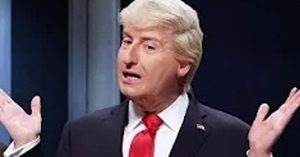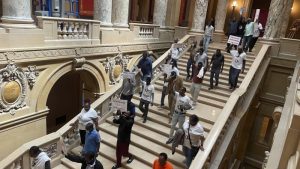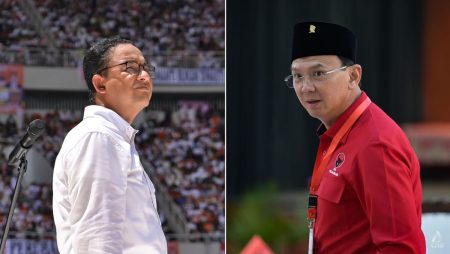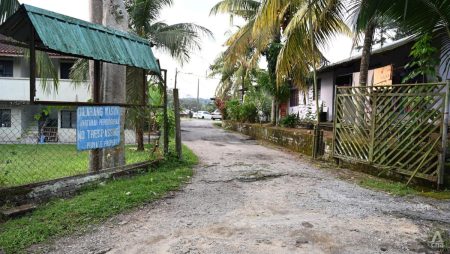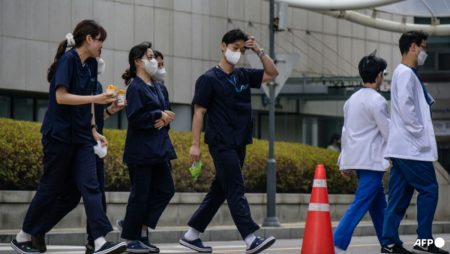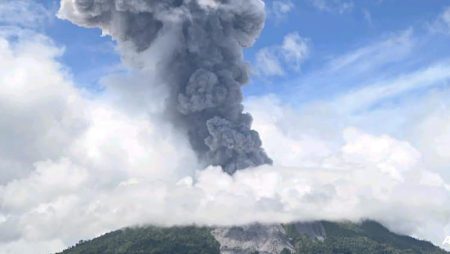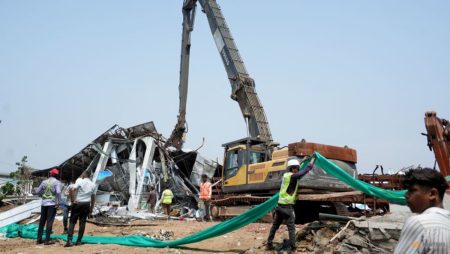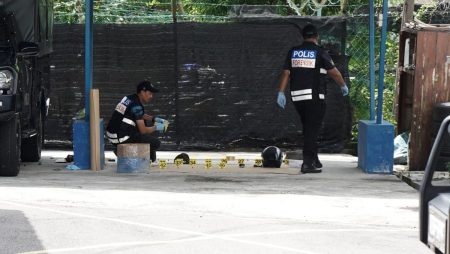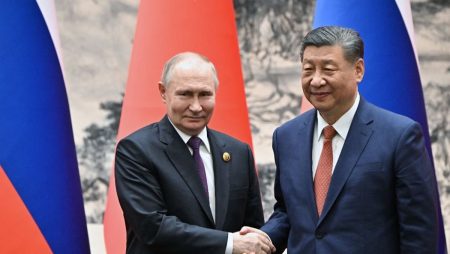An Indian court has extended the detention of opposition leader Arvind Kejriwal until Apr 15 in a corruption case, just weeks before general elections begin. Kejriwal, the chief minister of Delhi, was arrested last month by India’s financial crime-fighting agency in connection with allegations related to the city’s liquor policy. The arrest has sparked protests, with opposition parties accusing the government of trying to gain an unfair advantage in the upcoming elections by targeting their leaders.
The Aam Aadmi Party (AAP) led by Kejriwal claims that he has been falsely accused in a fabricated case, while the ruling Bharatiya Janata Party (BJP) led by Prime Minister Narendra Modi denies any political interference. According to lawyers representing the Enforcement Directorate, Kejriwal has been uncooperative and provided evasive responses during the investigation, leading to the request for further detention. Kejriwal’s wife, Sunita, has condemned the government’s actions as an attempt to suppress opposition voices and has called for the public to reject what she describes as a “dictatorship.”
Sudhanshu Trivedi, a spokesperson for the BJP, defended the court’s decision to extend Kejriwal’s detention, citing the presence of concrete evidence and raising moral and constitutional questions. The ongoing legal battle involving Kejriwal and other opposition leaders has intensified political tensions in India, with accusations of government interference in the democratic process. The arrest of Kejriwal has drawn criticism from various quarters, with concerns that it may undermine the credibility and fairness of the electoral process, as parties gear up for a hotly contested election.
The upcoming general elections in India are crucial in determining the political landscape of the country, with both the ruling BJP and opposition parties vying for power. The detention of Kejriwal and other opposition leaders has raised concerns about the misuse of state machinery for political gains and the erosion of democratic principles. As the election campaign heats up, both sides are intensifying their efforts to mobilize support and secure victory. The extended detention of Kejriwal has added another layer of complexity to an already charged political environment, with implications for the outcome of the elections.
The legal battle surrounding Kejriwal’s detention underscores the broader struggle for power and influence in India’s political arena. The accusations of corruption and misconduct against opposition leaders are not new in Indian politics, but the timing of these arrests has raised suspicions about the motives behind the government’s actions. The case has also highlighted the challenges faced by opposition parties in challenging the ruling party’s dominance and countering allegations of corruption. The outcome of Kejriwal’s case and its impact on the electoral process will be closely watched as the country prepares for a crucial electoral showdown in the coming weeks.

